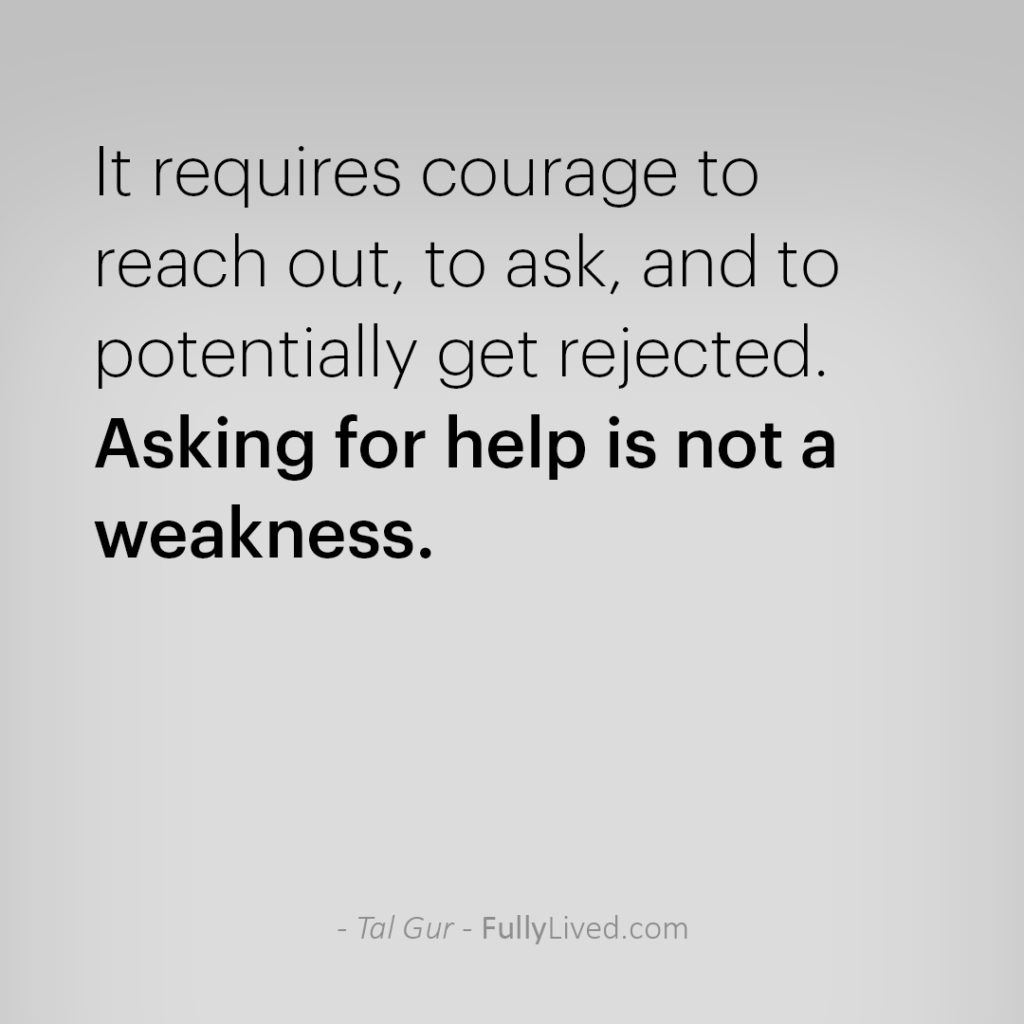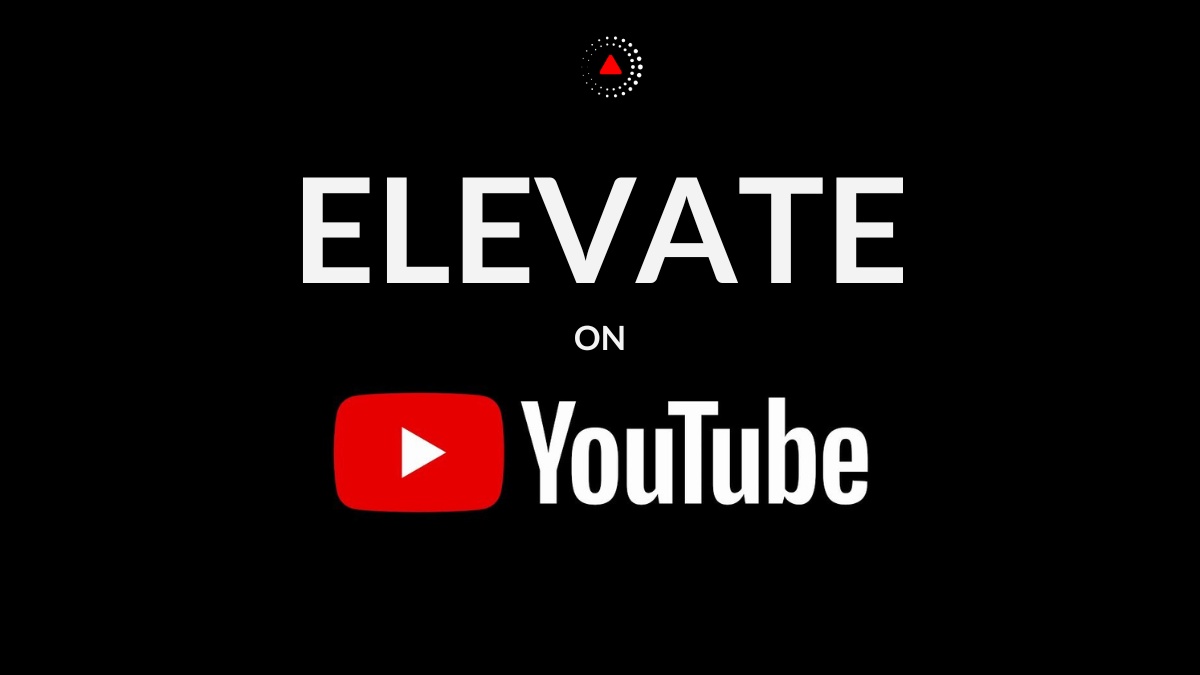It requires courage to reach out, to ask, and to potentially get rejected. Asking for help is not a weakness.
We often hear the phrase “no man is an island,” and yet we can find ourselves feeling alone and struggling to manage everything on our own. Asking for help can be difficult, but it’s important to remember that it’s not a sign of weakness. In fact, it takes courage to reach out and ask for assistance.
Asking for help means admitting that we don’t have all the answers and that we are willing to learn from others. It also shows that we are humble enough to accept that we can’t do everything alone. Unfortunately, the fear of rejection and the fear of appearing weak can stop us from reaching out for help.
One of the reasons why asking for help can be so challenging is the fear of rejection. We worry that people will judge us, or worse, ignore us. However, it’s important to remember that rejection is not a reflection of us or our worth. Instead of taking rejection personally, we can use it as an opportunity to elevate and strengthen our inner core.
Another reason why people hesitate to ask for help is the fear of appearing weak. We are conditioned to believe that asking for help means we cannot handle things on our own. However, this belief is far from the truth. We all need help at some point in our lives, whether it’s to learn a new skill or to navigate a challenging situation. By asking for support, we are actually showing resilience.
Asking for help also allows us to build meaningful connections with others. When we reach out to someone for assistance, we allow them to support us and feel needed. This can create a sense of community and belonging that is essential for our well-being.
***
Imagine standing at the edge of a vast ocean, with your dreams shimmering like distant islands on the horizon. You have a vision, a goal, but between you and those dreams lies a turbulent sea of uncertainty and doubt. How do you navigate this vast expanse? How do you muster the courage to set sail into the unknown?
The answer lies in a simple yet profound act: reaching out. It takes courage to extend your hand, to ask for help, to admit that you cannot do it alone. But contrary to what your fears may whisper, asking for help is not a sign of weakness. It is a testament to your strength, your resilience, your willingness to humble yourself in pursuit of something greater.
Think of it like this: imagine you're lost in a dense forest, surrounded by towering trees and tangled undergrowth. You could stumble blindly through the wilderness, hoping to find your way, or you could swallow your pride and ask for directions. In that moment of vulnerability, you open yourself up to the possibility of guidance, of clarity, of finding your way out of the darkness.
In life, too, we often find ourselves in metaphorical forests, facing challenges that seem insurmountable. Maybe it's a career setback, a personal crisis, or simply a feeling of being lost in the complexities of existence. Whatever the obstacle, the path forward becomes clearer when we have the courage to reach out and ask for help.
Take the story of Jane, for example. She had been struggling with her mental health for years, battling anxiety and depression in silence. Every day felt like a slog through the mud, and she couldn't see a way out. But one day, she mustered the courage to reach out to a therapist, to admit that she needed help. And in that moment of vulnerability, she began a journey of healing and self-discovery that would change her life forever.
So, I ask you this: What forests do you find yourself lost in? What dreams lie on the distant horizon, just out of reach? And most importantly, do you have the courage to reach out, to ask for help, and to set sail toward those shimmering islands of possibility?

* If you're looking for more inspiration to help you on your personal development journey, you may want to check out my extensive list of SMART goals. This page is packed with thousands of different goal ideas that can help you set new aspirations and reach higher heights in your life. Personally, this page helped me to create my own 100 life goals list, which I pursued for over a decade.
Chief Editor
 Tal Gur is an author, founder, and impact-driven entrepreneur at heart. After trading his daily grind for a life of his own daring design, he spent a decade pursuing 100 major life goals around the globe. His journey and most recent book, The Art of Fully Living, has led him to found Elevate Society.
Tal Gur is an author, founder, and impact-driven entrepreneur at heart. After trading his daily grind for a life of his own daring design, he spent a decade pursuing 100 major life goals around the globe. His journey and most recent book, The Art of Fully Living, has led him to found Elevate Society.


























